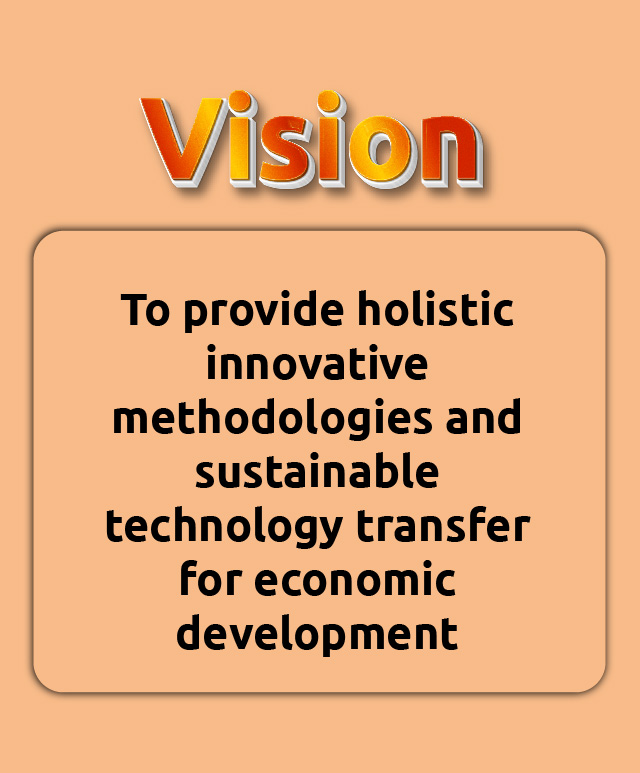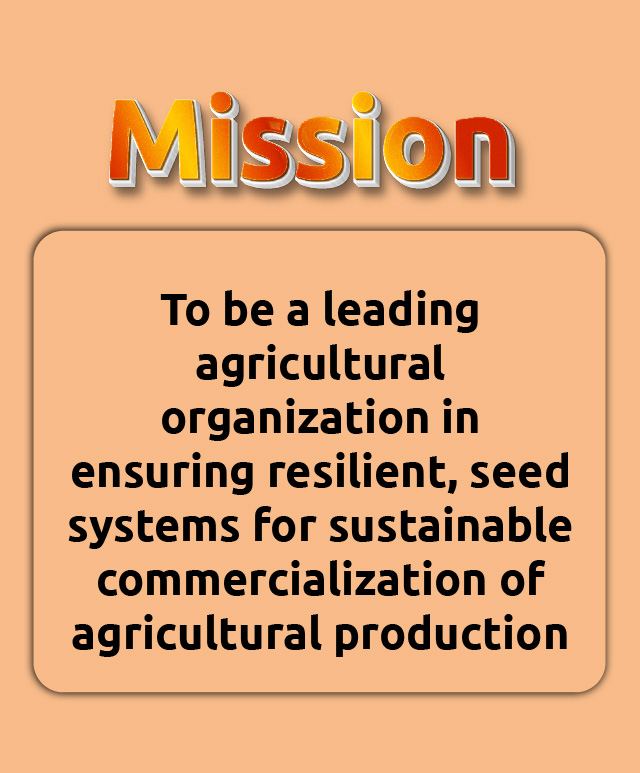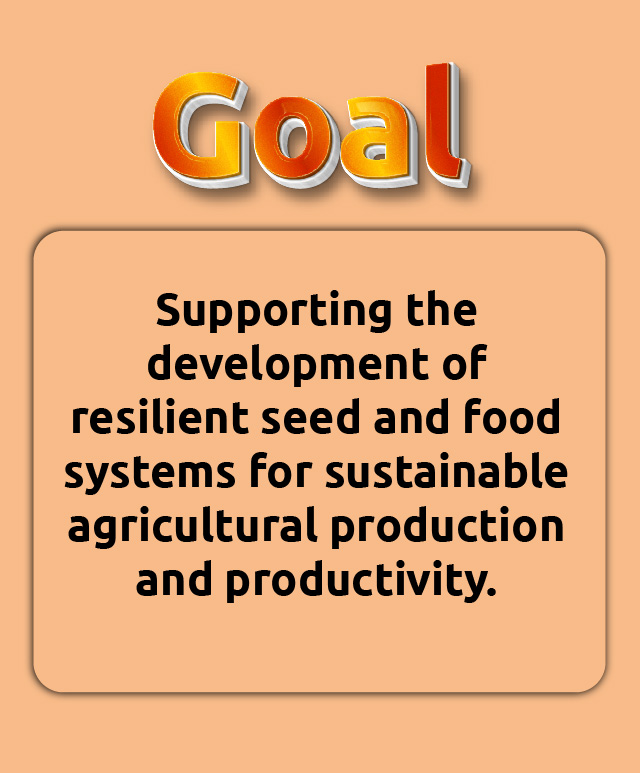ISSD Uganda’s Transition from Project Status to an Independent Organisation
Background
ISSD Uganda’s transition from the intermittent project status to an organisation was driven by the need to continue addressing both the outstanding and emerging challenges in the agricultural sector for the medium and long term. Thus, ISSD Uganda is positioning itself to continue contributing to the development of the seed sub-sector in Uganda and progressively beyond the borders.
Furthermore, with this change of status, the focus is now not only limited to the seed sub-sector, but the agricultural sector as a whole. This therefore undoubtfully presents a great opportunity for ISSD Uganda, but also brings it out to the limelight. Consequently, management should therefore continuously focus on strengthening the organization including; organization development, corporate governance, resource mobilization, donor relations, partnership management.
Already with the small funding from Netherlands Food Partnership (NFP), ISSD Uganda is supporting MAAIF through Eight Tech Consults to implement the roll out of the digital seed tracking & tracing system (STTS) which involves proper registration of; the seed source (seed growers and merchants), seed production field (garden), seed lots at each seed producers (packages), and seed packs with the use of unique seed field/lot identifiers. Tracking is particularly aimed at; identification, preservation and quality assurance; while tracing is aimed at solving problems faced by the product non-conformance to standards at any point along the seed production and supply value chain.
The STTS is a good initiative that will inevitably propel ISSD in achieving her vision of becoming a key player in the seed sector in Uganda.
a) Climate Resilient Agribusiness for Tomorrow (CRAFT) project – Baseline consultancy study contracted by SNV; a project that aims to improve food security by working towards climate resilient farming systems which increase productivity under changing climatic circumstances, while reducing food wasta and losses throughout the value chain and chain it promotes.
b) Youth in the Horticulture Sector, call from the Mastercard Foundation Uganda through Kilimo Trust in which ISSD Uganda is a partner. This is a project that aims to promote uptake and utilization of climate smart technologies and innovations that harness rice-vegetable production and marketing system opportunities for the benefit of smallholder farmers in Uganda.
c) Upcoming Request for Proposal (RFP) from MoFA Netherlands for total funding basket of about €80-100M for 10 years in which WCDI is seeking partnership with ISSD, with the programme expected to begin in early 2024.
d) Upcoming Uganda Resilience Initiative (URI) call for proposal from DANIDA, in which we are looking out for the Consortium with the highest chance of winning the bid, in order to secure strategic alliance. We plan to market ISSD Uganda from our engagement with NURI project.
"And the opportunities keep coming on and on, just as day follows night".





